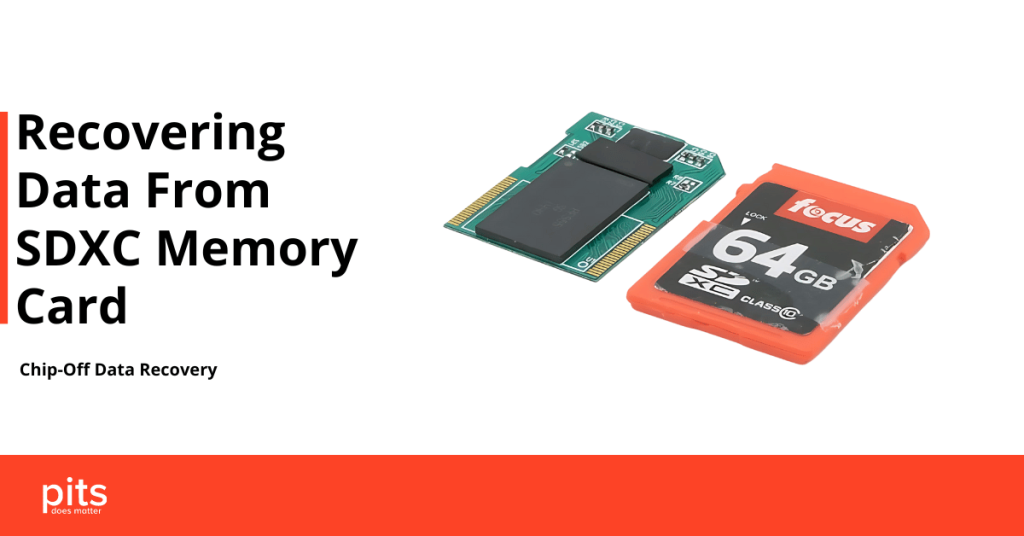SDXC (Secure Digital eXtended Capacity) cards are widely used for storing photos, videos, and other important files due to their high storage capacity and fast transfer speeds. However, like any storage medium, SDXC cards can fail, leading to the loss of valuable memories. In this blog post, we will explore common causes of SDXC failure, signs of data loss, and steps to recover your lost memories.
Common Causes of SDXC Failure
Understanding the potential causes of SDXC failure can help prevent future data loss. Here are some common issues:
-
Physical Damage: Dropping the SDXC card or exposing it to moisture or extreme temperatures can lead to physical damage and data corruption.
-
File System Corruption: Improper ejection, power outages, or unexpected device shutdowns can corrupt the file system, making data inaccessible.
-
Card Wear and Tear: Over time, SDXC cards can experience wear and tear from regular use, which can lead to failures.
-
Improper Formatting: Formatting an SDXC card incorrectly or using it with incompatible devices can result in data loss.
Signs of Data Loss
Recognizing the signs of SDXC failure can help you take action before it’s too late. Common indicators include:
- Inability to Access Files: Receiving error messages when trying to open files or folders.
- Missing Files: Files that were previously accessible suddenly disappear or become corrupt.
- Slow Performance: Noticeable delays when accessing data or transferring files.
- Read/Write Errors: Frequent errors when trying to read or write data to the card.
Steps to Recover Lost Memories
If you’ve experienced data loss due to SDXC failure, here are steps you can take to attempt recovery:
1. Stop Using the SDXC Card
Immediately stop using the card to prevent further data overwriting. Disconnect it from the device and avoid saving new files to it.
2. Check Connections
Ensure that the issue isn’t related to the card reader or device. Try using a different card reader or connecting the card to another device to see if it’s recognized.
3. Use Data Recovery Software
If the SDXC card is still not accessible, consider using data recovery software. Here are some reliable options:
- Recuva: A free tool that can recover deleted files from various storage devices.
- EaseUS Data Recovery Wizard: Known for its effectiveness in recovering lost data from SD cards.
- PhotoRec: An open-source recovery tool that can recover files from damaged media.
Follow the software instructions carefully to maximize your chances of successful recovery.
4. Seek Professional Help
If software recovery attempts fail, consider reaching out to a professional data recovery service. These experts have specialized tools and techniques to recover data from damaged SDXC cards.
Preventing Future Data Loss
To minimize the risk of SDXC failure and protect your valuable memories, consider these preventive measures:
-
Regular Backups: Regularly back up your files to an external drive or cloud storage to ensure you have copies of important data.
-
Safe Ejection: Always safely eject the SDXC card from your device to prevent file system corruption.
-
Store Properly: Keep your SDXC card in a protective case and avoid exposing it to extreme conditions.
-
Monitor Usage: Limit the number of write cycles by moving files to your computer and avoiding excessive rewriting on the card.
Conclusion
Experiencing an SDXC failure can be distressing, especially when it results in the loss of cherished memories. By understanding the common causes and taking proactive recovery steps, you can increase your chances of reclaiming your valuable data.


